Apple iOS 14 has seen privacy changes. The corporation seeks to make the processes more transparent. They want to explain to users what data will be transferred to the developer when installing the application. It may collect data about geolocation, unique user IDFA number, personal data, and data about other applications on your phone or the site owner, in case of actions on the site.
All App Store apps, those you’ve already installed or downloaded for the first time, will have to ask users for permission to track their actions through the App Tracking Transparency framework. Suppose the user refuses to transfer personal data; in that case, the unique identifier of the Apple mobile device (IDFA) will not be transferred to the developer of the application or the owner of the site, which will affect the Apple iPhone advertising.
You understand what the user is doing; you can track site visits, purchases, app installs, app actions, thanks to The Identifier for Advertisers, which is very important for iPhone advertising.
You, as a user, will become even more anonymous and the app developer or site owner does not know who subscribes or purchases products.
Impact Of Privacy Changes In Apple iOS 14

- Privacy changes in Apple iOS 14. The new advertising for iPhone policy is forcing all web platforms to move to a new framework that restricts and delays event/conversion reporting. These changes have been done in such a way so, even indirectly, you cannot compare the site visitor and their purchase, learn a little more about the user than he is ready to tell us.
Facebook iOS 14 has already responded to this demand and switched to modified attribution windows in all advertising accounts. Now, the windows attributions are installed not at the account level but at the level of ad groups.
What is the impact of changes to attribution windows? IOS update Facebook will have fewer data to optimize in long-term campaigns (with a long decision cycle).
- Updating ads on iOS 14. Retargeting audiences (site visitors, custom audiences based on in-app actions) will gradually decrease. Though, there are certain tips on how to make your ad more effective. It is still impossible to say how much the volume will change since there is still no understanding of how users will react to push applications requesting tracking permission. According to Facebook iOS 14 forecasts, many users will decline them or give limited access to their data.
It will also be impossible to retarget or exclude those visitors who have opted out of tracking from the site views, as they are in the blind spot for tracking. Therefore, experts expect audience overlap and increased competition, which leads to higher auction prices and CPA.
From the downloaded databases (by phone, email, from CRM), users who have abandoned tracking will also be excluded over time, affecting Apple iPhone advertising.
E-commerce Marketing Changes Related To iOS 14 Update

Most of the e-commerce brands used Facebook for their products’ promotion. Indeed, for years this social media showed itself as a very profitable platform, as it charged small commissions while offering impressive traffic. Yet, its status as the best ad platform was shaken with its ads revenue policy.
Facebook has been doing online advertising much longer than other platforms. Facebook is by right regarded as the oldest and profitable social advertising platform. These are essential factors affecting e-commerce, but the Apple iOS 14 privacy changes could alter that.
With the new update, all e-commerce sites need to be adapted to advertising and targeting.
The iOS update for Facebook changes almost everything. We need to look for new ways to reach the audience, not forgetting the new privacy rules.
Who Is Affected By The iOS 14 Update?
The recent iOS 14 update will primarily affect mobile apps creators, online traders, and e-shop businesses. Any e-commerce marketing that relies on online advertising, data collecting services, or retargeting will need to adjust to changes in privacy laws.
| Application Developers | iOS 14 update ads will affect mobile apps that rely on ads. For many years, Facebook has been the primary provider of digital advertising. |
| Digital Marketers | About 70% of Apple users share data with app publishers. This number has decreased with the release of privacy updates. But as developers adapt and improve their subscription messages, strategies, and approaches, the number of users will grow. |
| Small Online Business | Companies that have relied entirely on Facebook’s paid digital advertising have found it difficult to reach their target audiences and revenue. Nevertheless, those companies that managed to adapt in time avoided difficult financial situations. |
“Event Prioritization” Function
To support the e-commerce sellers, Facebook launched an “event prioritization” function. Therefore you will be able to get small analytics of the user’s shopping experience. There are several main peculiarities of this function:
- The limited list of priority events. Facebook will only be able to register one event made by users who have opted out of tracking. Therefore, you need to prioritize eight events according to your funnel. You can customize up to eight events.
- Analysis of the priority. Facebook will let you know about the top priority event. In case a user added a product to the cart but then wondered what else to buy and got distracted by the call and left the site, Facebook will provide you with the analytics of the buyer’s cart.
- Limited info on user’s activity. If you saw the entire funnel earlier and could count the conversion of each subsequent step/stage. Now you will only know one event from the user’s entire journey.
- Ads optimization. When you create an ad group, you choose one of 8 designated conversion events to optimize. Consider whether you need to optimize your ads for non-priority events or events at the top of the funnel, such as landing page views or link clicks. Facebook iOS update events can be prioritized, but you will need to pause your ad campaign for three days until the changes take effect.
- Optimization for value. Facebook has a separate type of optimization for advertising campaigns Value optimization (works for app installs, conversions, sales from the directory). Facebook uses machine learning to predict how much return on investment (ROAS) a user can bring. The ad system receives data on the purchase value and seeks to find users who will purchase with the highest value.
- Statistics of the purchases. The system will not obtain accurate data on the purchase amount from users who have opted out of tracking. But Facebook will give you the statistics on the popularity of the purchase. The analytics will be based on the number of purchases of the product.
Thus, if you set up events for viewing a product card, adding to cart, shopping, + selecting four price ranges, you occupy six slots out of the available eight. Please be aware that after the Apple iOS 14 privacy changes take effect, it can take up to 72 hours for event priorities, ad groups, and post-edit ads to be published.
Priorities For Event Prioritization Function

These feature has undergone considerable changes:
- The usage of slots. Unlike the web (where you only have eight slots), there are 63 slots for events and Value Sets for apps; you can use standard and customizable events. You cannot use all 63 slots and set 10 events, where one is the least important and ten are the most important.
- Additional customizations for an ad. The separate ad account on Facebook iOS 14 has new customization fields and additional notifications. Instead of a column with an attribution window, you’ll see Apple’s SKAdNetwork API. Facebook will remind you that statistical modeling of results is being applied in the metrics columns at the ad and ad group levels.
- Additional customizations for apps. App campaigns also have a type of Value Optimization. In contrast to the web for applications, it is possible to specify more precise, narrow ranges (from 0 to 1 $). Within applications, there are more different scenarios of user behavior and different actions that carry different values (registration, purchase of different types of subscriptions, in-app purchases, in-game activity, etc.).
What App Owners Need To Do
- Provide Privacy Policy information to App Store Connect.
- Update to the latest Facebook SDK (8.1 or later) or Mobile Tracker SDK (Adjust, AppsFlyer, AppMetrica)
For mobile trackers (Adjust, AppsFlyer, AppMetrica), check how they integrate with the SKAd Network framework. Each has its own documentation. For example, AppsFlyer will not see retargeting campaigns and post-view attribution data.
On the whole, these changes might cause some challenges for many online traders. And you have two options in such a case: you can whine and complain, without doing anything, or you can accommodate these innovations and take advantage of them. Anyway, they are unavoidable, but it is only up to you whether they are profitable or limiting. With the right usage of the upgrades, you can magnify your analytics numbers considerably.
FAQ
Apple policy prohibits collecting and sharing certain data unless people choose to be tracked on iOS 14 devices via a hint. As more people move away from tracking on iOS 14 devices, ad personalization and performance reporting will be limited for apps and web conversion events.
Apple uses its iAds program to serve ads directly to iPhone applications. It builds on existing apps that iPhone users have already installed or downloaded on their phones. IAds places small advertisements at the top or bottom of an open application, giving users one-click access to a web link.
Apple is updating its latest operating system to iOS 14, and it will limit user information exchanged with Facebook, prohibiting specific data collection and sharing.
Businesses & brands who run Facebook Ads & Facebook Business Tools to:
- Target audiences
- Track web conversion events (click, form submission, etc.)
- Advertise mobile apps
- Optimize ads
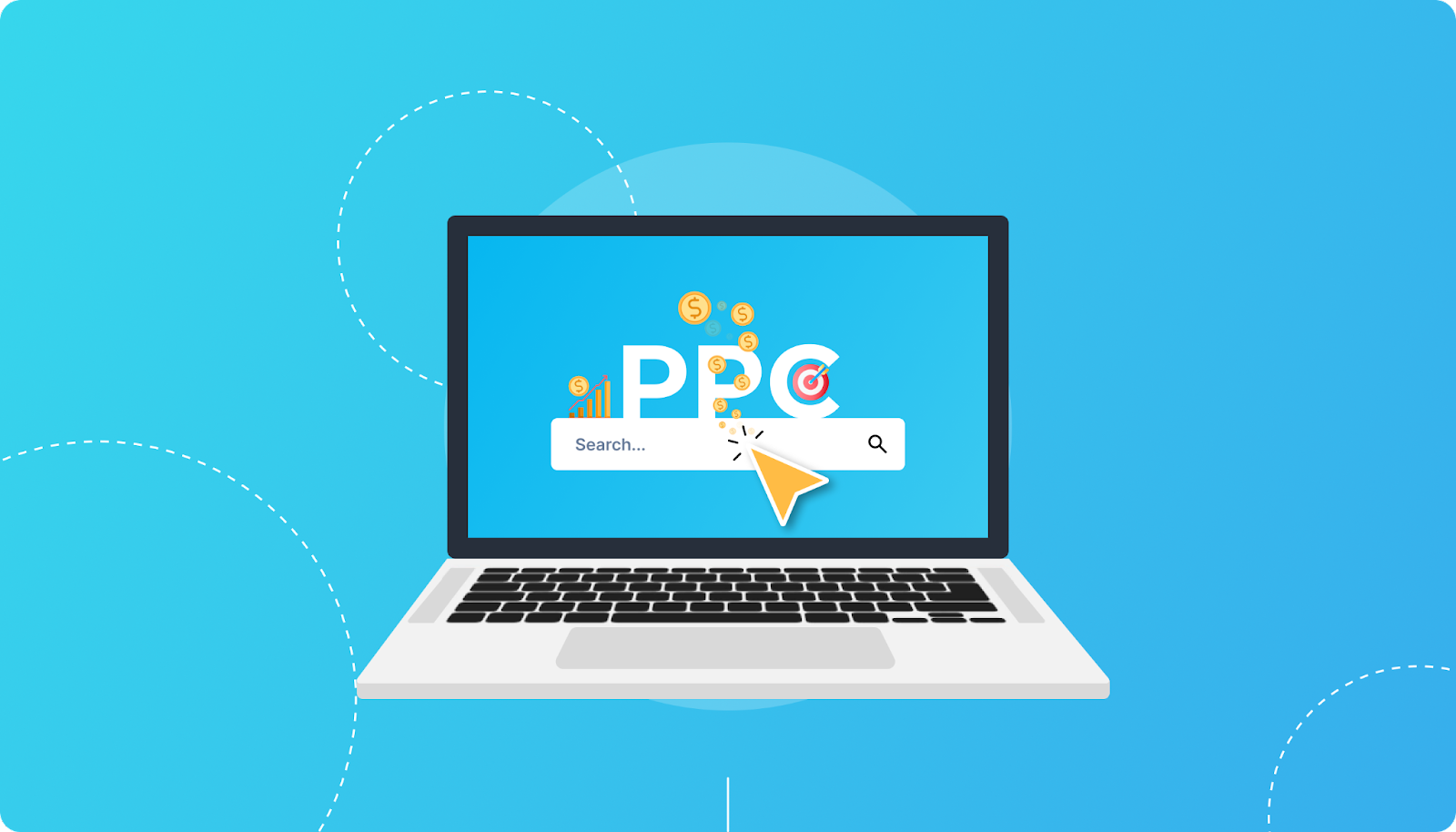
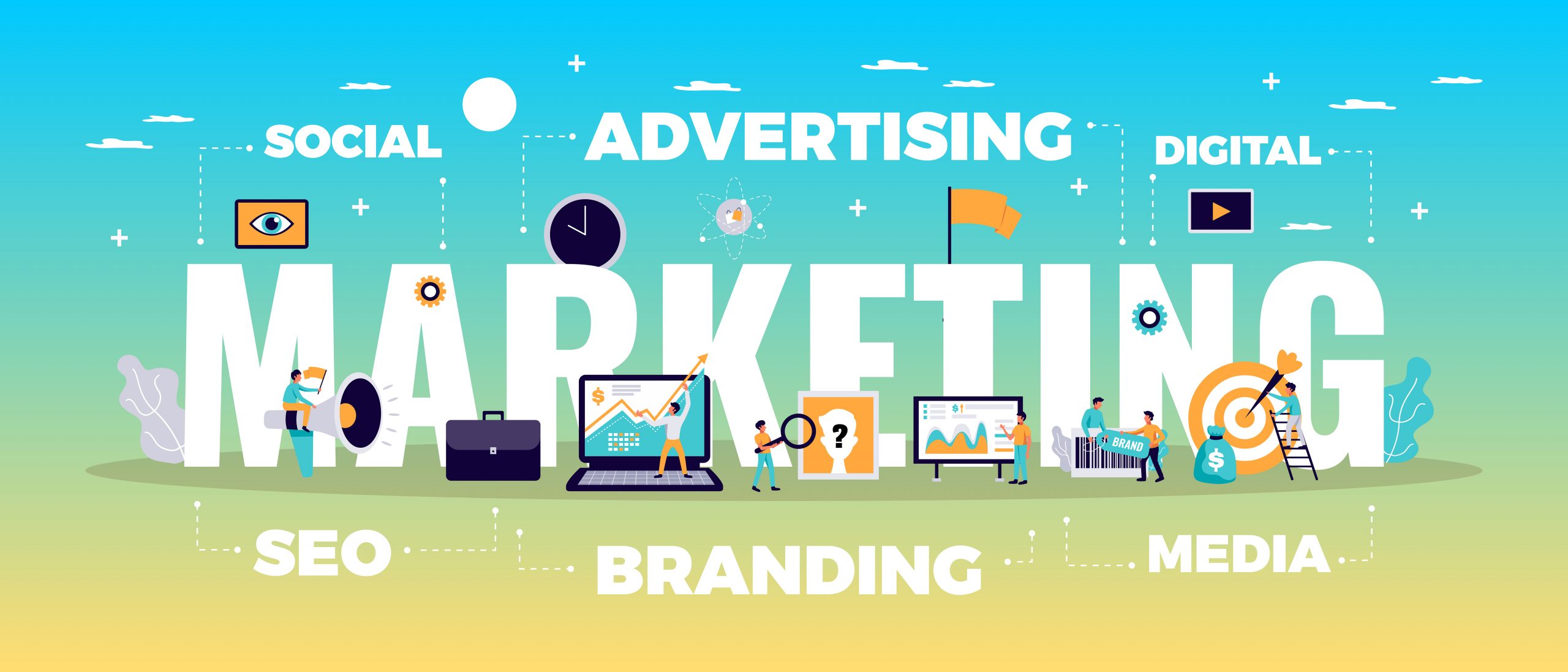
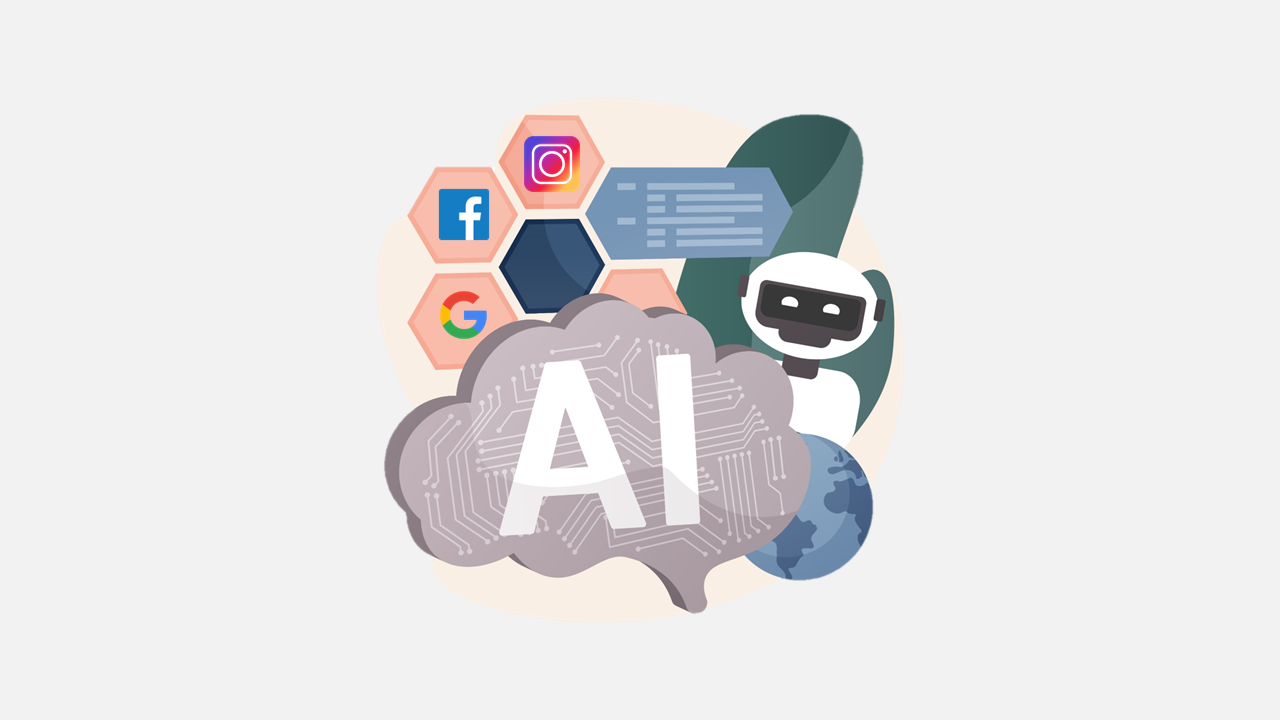

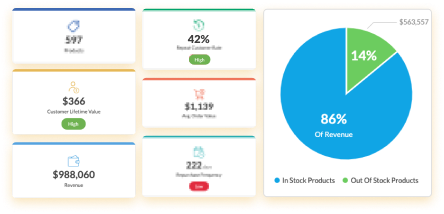







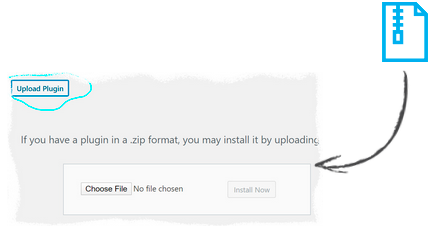
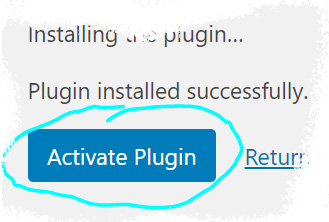
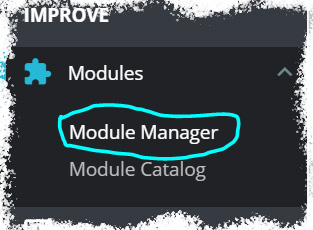
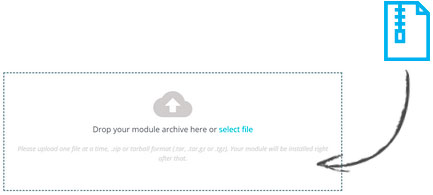
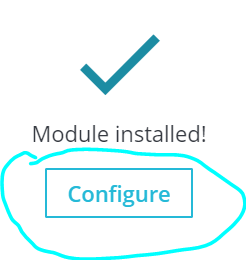



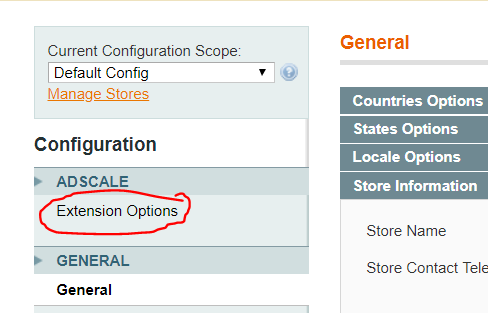
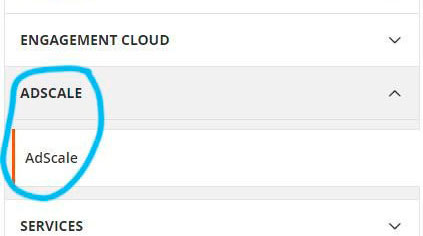
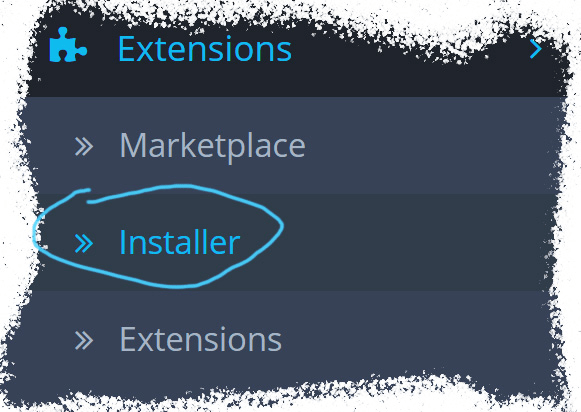
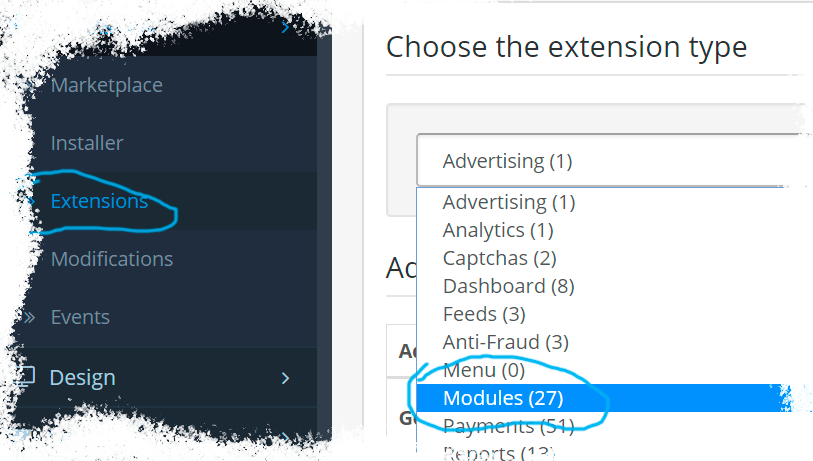
 ,
,